
Fortis Hospital Mohali
Sahibzada Ajit Singh Nagar, Chandigarh, India
Electroconvulsive Therapy (ECT)
Starting from Price on request

Fortis Hospital Mohali
Sahibzada Ajit Singh Nagar, Chandigarh, India
Established
2001
Highlights at Fortis Hospital Mohali
Map View
 Click to explore
Click to explore
-
Reviews
No Patient Review
Accreditations


Languages spoken
- English
- Hindi
Electroconvulsive Therapy (ECT) at Fortis Hospital Mohali
What does Fortis Hospital Mohali offer patients?
How many specialists are there and what accreditation's have been awarded to Fortis Hospital Mohali?
- JCI Accredited
- NABH
Facility Services Available at Fortis Hospital Mohali
















WHY US?
At Medijump, we're making medical easy. You can search, compare, discuss, and book your medical all in one place. We open the door to the best medical providers worldwide, saving you time and energy along the way, and it's all for FREE, no hidden fees, and no price markups guaranteed. So what are you waiting for?

Free

Best Price

Widest Selection

Risk-Free
What you need to know about Electroconvulsive Therapy (ECT) in Chandigarh
Electroconvulsive therapy (ECT) is a procedure that involves passing a carefully controlled small electric current through the brain to trigger a brief seizure. It causes changes in brain chemistry and aims to relieve severe psychiatric conditions.
ECT is usually performed when other treatments are unsuccessful. It is usually used to treat:
-
Treatment-resistant depression, which is a severe depression that does not improve with medications or other types of treatments.
-
Severe depression, especially when accompanied by psychosis (detachment from reality), a refusal to eat, or a desire to commit suicide.
-
Severe mania that can occur as parts of bipolar disorder, such as a state of intense euphoria, hyperactivity, agitation, impaired decision-making, and psychosis.
-
Agitation and aggression in individuals with dementia.
-
Catatonia, which is associated with schizophrenia, certain other psychiatric disorders, or medical illness.
Your doctor may also recommend ECT if you cannot tolerate medications or all other forms of therapy have not worked.
What's the Recovery Time?
Most people can return to their normal daily activities just a few hours after ECT. However, some people may be asked to avoid making important decisions, going back to work, or driving for one to two weeks following the last ECT treatment in a series. The recovery time until you can resume your activities generally depends on when confusion and memory loss after the procedure are resolved, so make sure to talk to your doctor about your specific recovery timeline.
What's the Success Rate?
Research has shown that ECT is a highly effective therapy for several mental health conditions. Around 80% of patients with uncomplicated but severe depression experience substantial improvement after their treatments.
ECT is a highly misunderstood procedure because, in the past, the side effects can be severe. However, while ECT does have some side effects and risks, it is much safer today. The risks and side effects include confusion, memory loss, adverse reaction to anesthesia, increased blood pressure and heart rate, headache, nausea, and muscle ache.
Popular Procedures in Chandigarh
Doctors at Fortis Hospital Mohali
-
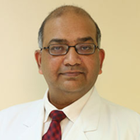
Dr. Rajat Sharma
- Cardiology
VIEW DETAILS
-
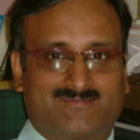
Dr. Raman Abrol
- Ear, Nose and Throat (ENT)
VIEW DETAILS
-

Dr. Parvinder Chawla
- Internal Medicine
VIEW DETAILS
-
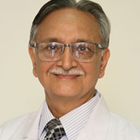
Dr. Sudesh Kumar Prabhakar
- Neurology
VIEW DETAILS
-
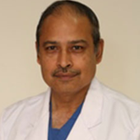
Dr. Ashis Pathak
- Neurosurgery
VIEW DETAILS
-
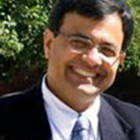
Dr. Rajeev Kapoor
- Bariatric Surgery
- Oncology
- Traumatology
VIEW DETAILS
-
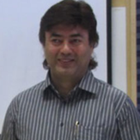
Dr. Rajeev Bedi
- Oncology
VIEW DETAILS
-
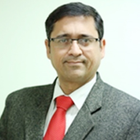
Dr. Ajay S. Bhambri
- Orthopedics
VIEW DETAILS
-
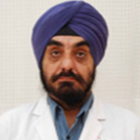
Dr. A. S. Bawa
- Urology
VIEW DETAILS
-
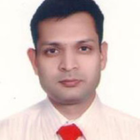
Dr. Ravul Jindal
- Vascular Medicine
VIEW DETAILS
Hospitals and Clinics Nearby Fortis Hospital Mohali Offering Electroconvulsive Therapy (ECT)
CONTACT SUCCESSFUL










